Humans Almost Went Extinct: World Population Once Dropped to 1,280 People
There has always been an unexplainable gap in fossil records of African and Aurasian human species. For many years, researchers were unable to determine why they couldn’t get a better understanding of a certain chapter of human history.
There were few clues to lead scientists in the right direction—until now. Researchers have seemingly solved the centuries-long mystery of why it’s been so difficult to study parts of the human lifecycle from the past.
Experts From Across the World Compare Global Research
What could be the reason for such a significant gap in human fossil records?
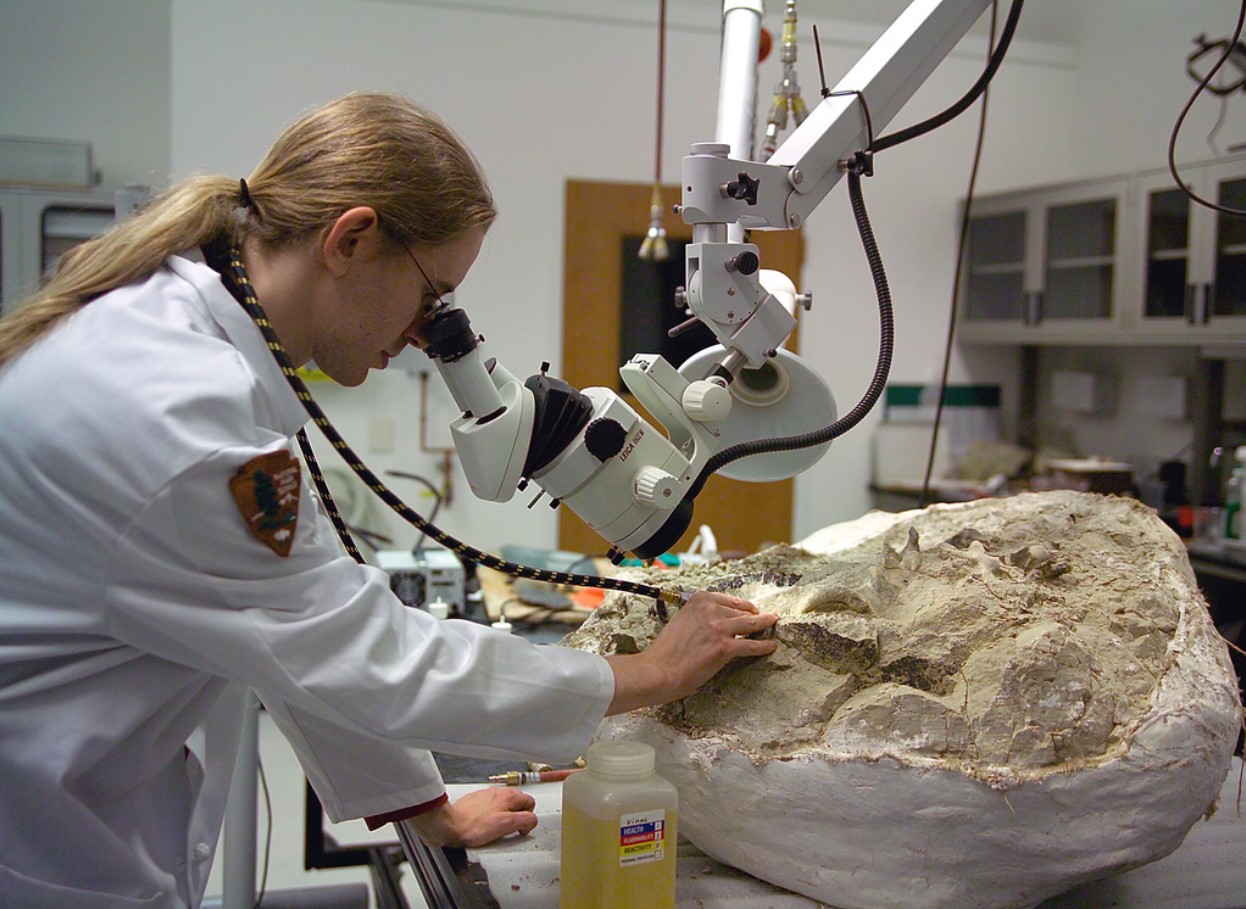
Source: Wikimedia Commons
A collection of specialists from the United States, Italy, and China, have compared notes to determine why there is a lack of human fossil records that have been recovered throughout a specific period of time. Using a method called FitCoal, these experienced scientists were able to gain more insight into the elusive history of human beings.
The Human Population Had Significantly Dwindled
Fortunately, advances in modern technology assisted researchers in getting to the root of this age-old conundrum.
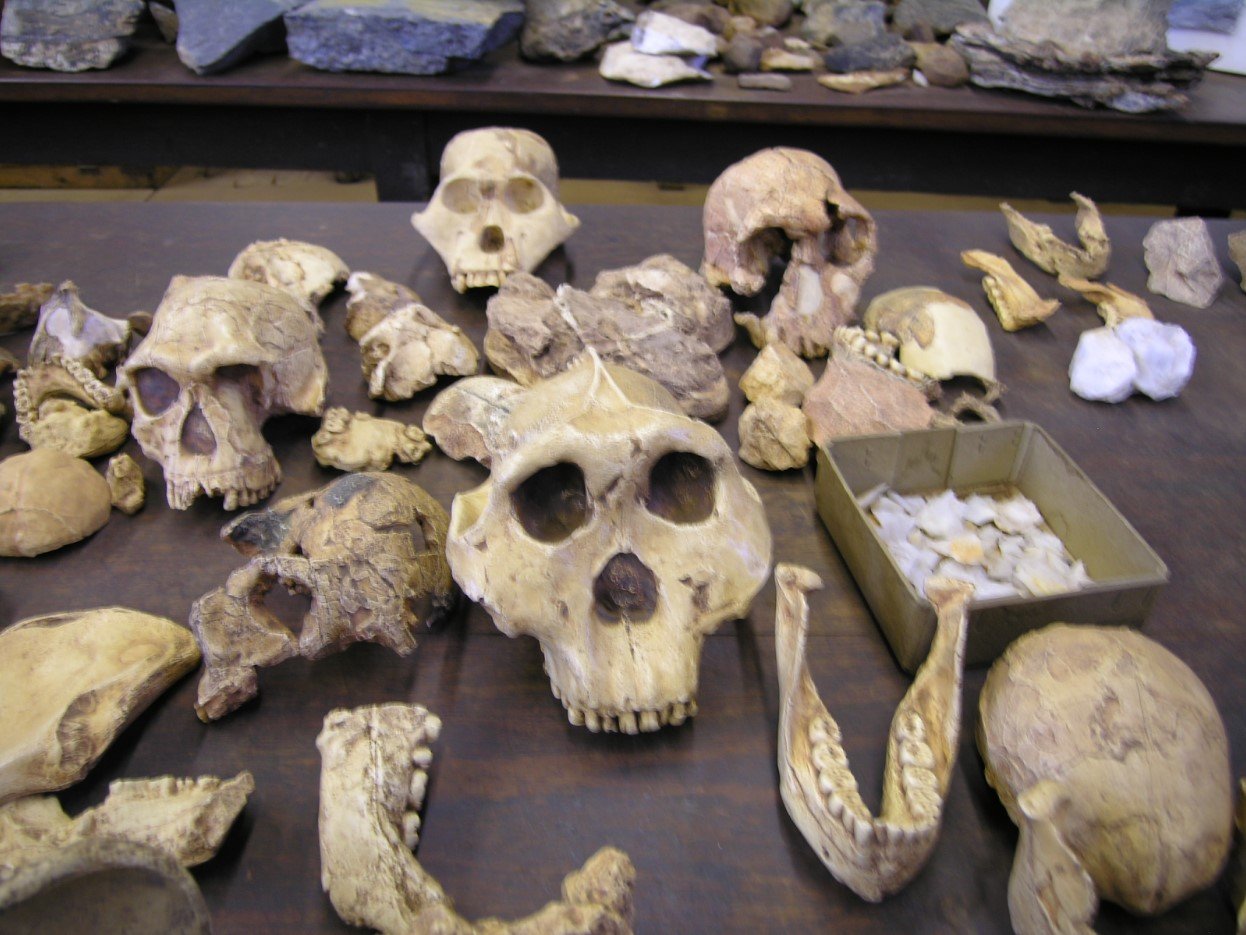
Source: Wikimedia Commons
FitCoal, the innovative technique that stands for “fast infinitesimal time coalescent process,” helped researchers make “demographic inferences” of precisely 3,154 humans. What scientists found next was truly mind-blowing. Believe it or not, they determined that the human population once fell to a mere 1,280 people.
Catastrophic Event Wiped Out Most of Civilization
In present times, the world’s human population has risen to a whopping 8.1 billion people. That number is dramatically different from the world population of our distant ancestors, which at one point was only 1,280 people.
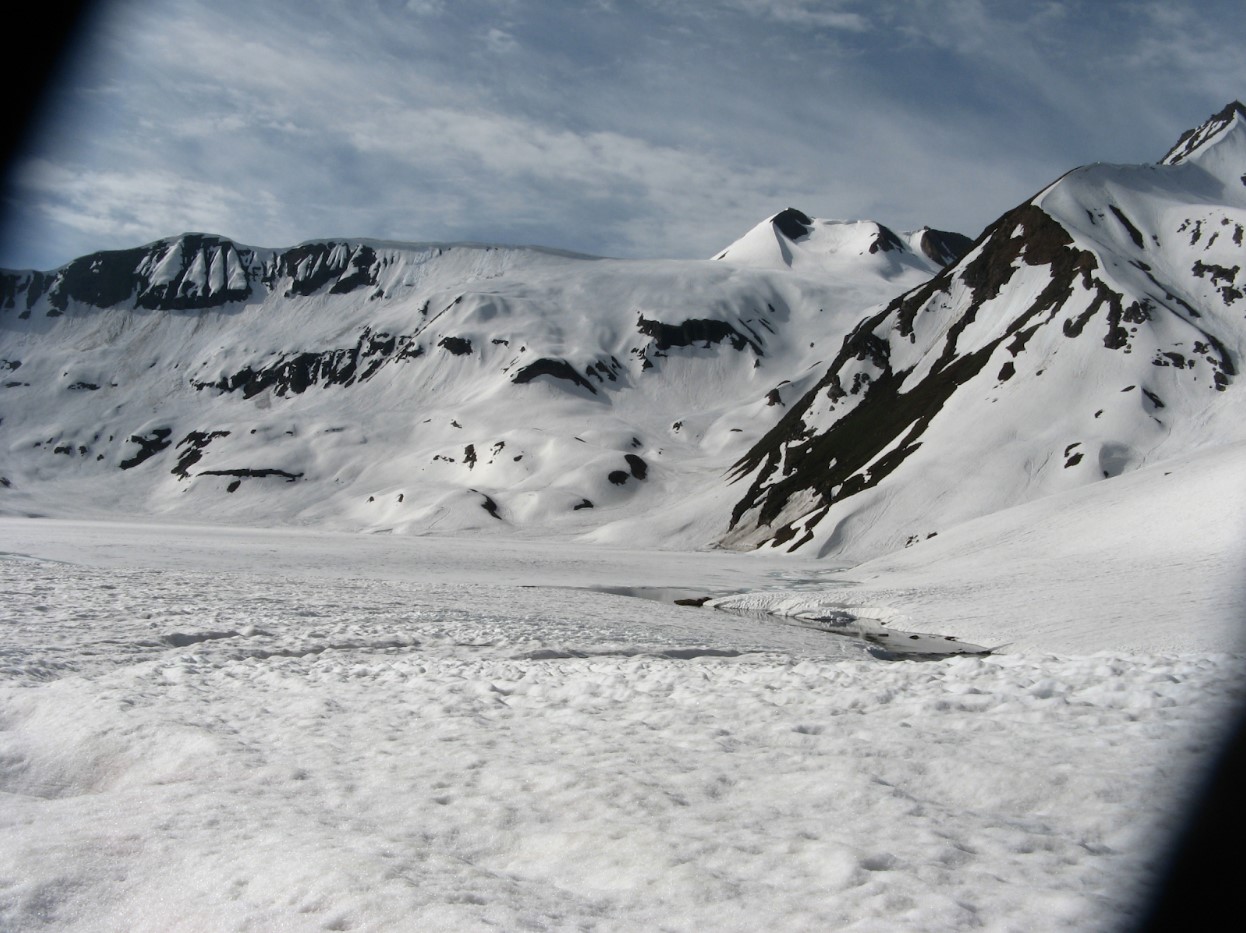
Source: Wikimedia Commons
Scientists uncovered evidence that led them to believe that an Earth-shattering event wiped out almost the entire human population many years ago. A severe climate shift created “extreme cooling conditions,” resulting in a near-extinction as the majority of humans were unable to survive the extreme cold.
Extinction Was Almost Imminent
It’s shocking to think that there was once a time when humanity almost came to a complete end. More than 1.1 million years ago, a change in climate made weather conditions too cold for humans.
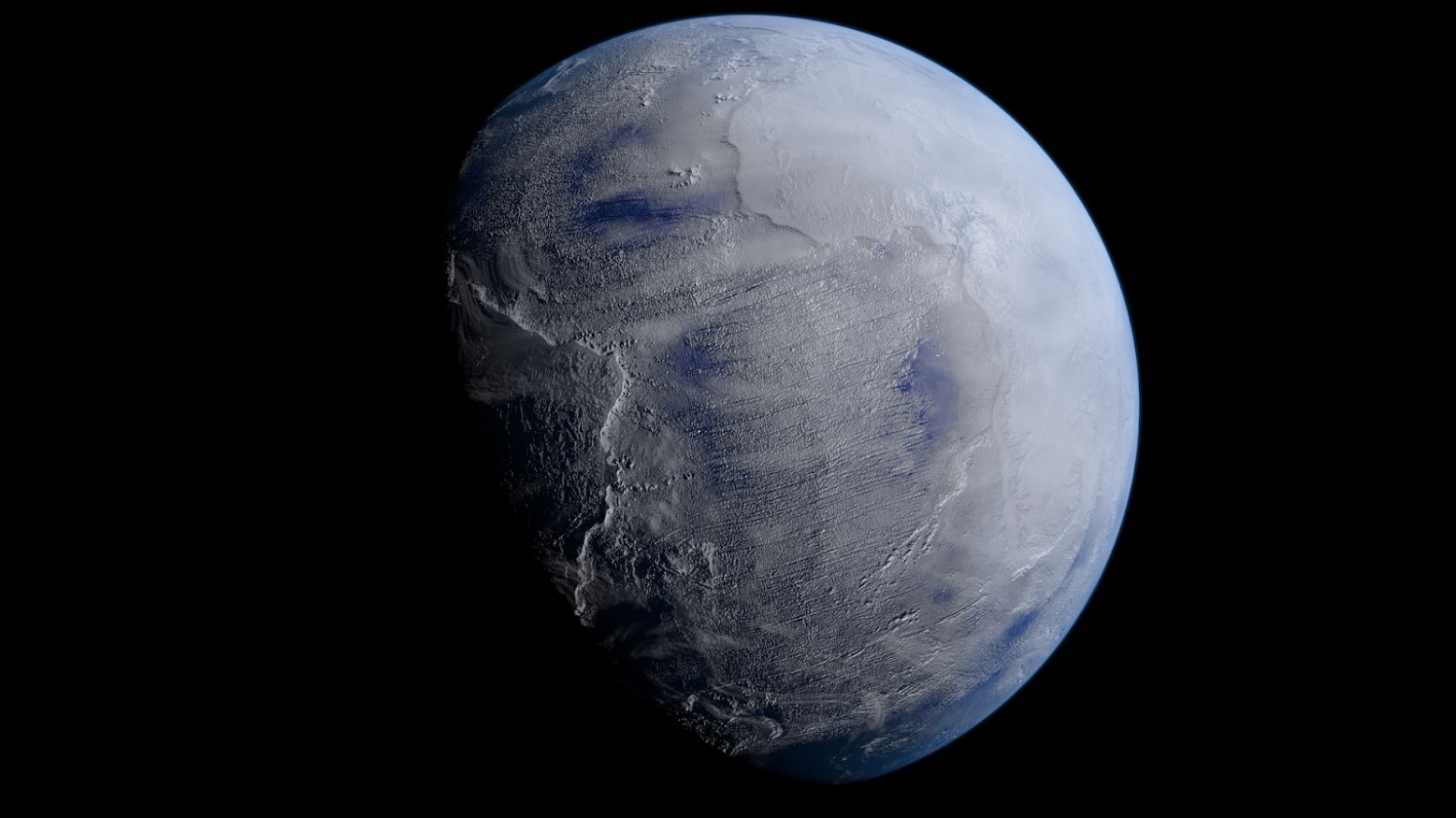
Source: Wikimedia Commons
The cooling event almost wiped human beings off the face of the planet. The 1,280 individuals who miraculously survived the climate shift would become responsible for repopulating the Earth and keeping humanity from the brink of extinction for the next 117,000 years.
Making an Epic Scientific Breakthrough
A theoretical population geneticist at the University of Texas Health Science Center named Yun-Xin Fu has studied the case of human civilization extensively.

Source: Wikimedia Commons
He has praised the capabilities of FitCoal, saying, “The fact that FitCoal can detect the ancient severe bottleneck [event] with even a few sequences represents a breakthrough.” The scientific findings about the near-extinction of humans were published in the online edition of Science on August 31, 2023.
Large Gaps in Human Fossil Records Suddenly Made Sense
Not only did millions of people succumb to the devastating bottleneck event that took place many years ago, but there was also a dramatic loss in genetic diversity that remained on Earth.
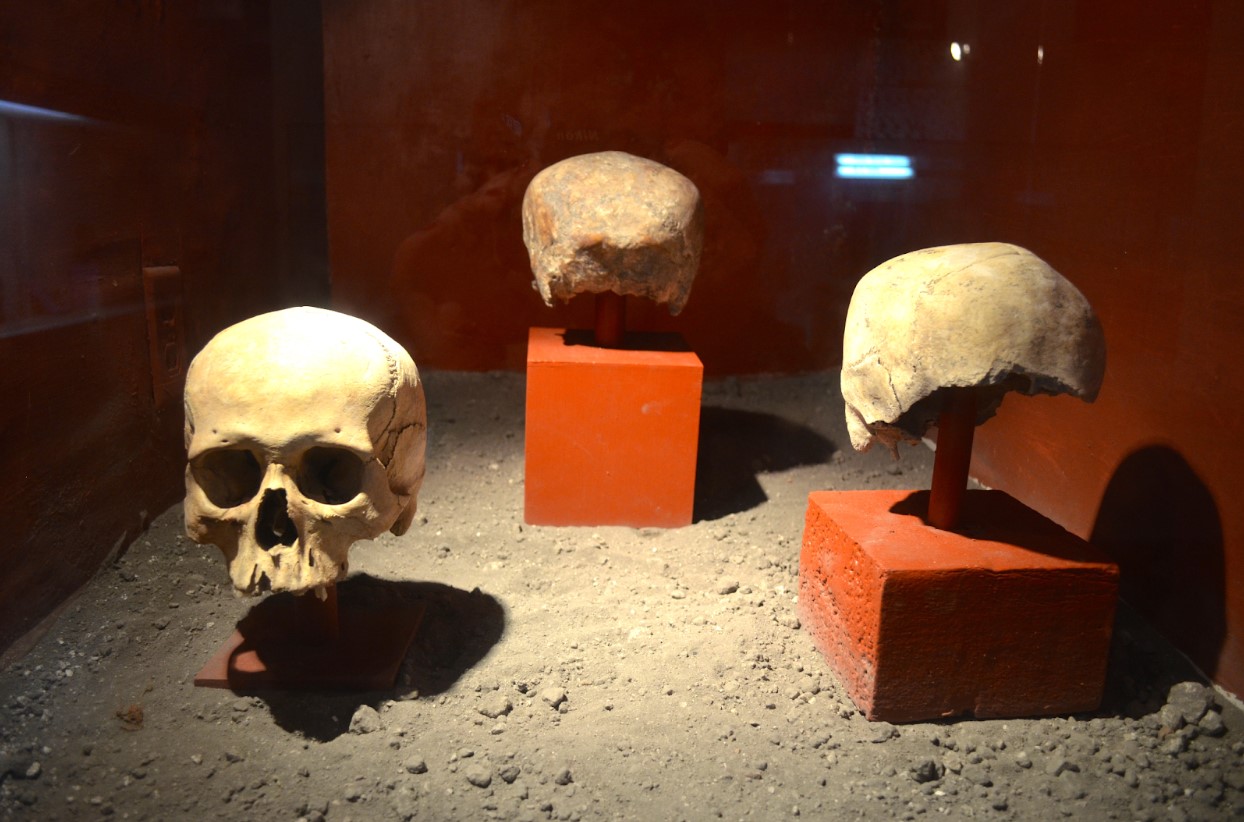
Source: Wikimedia Commons
Giorgio Manzi, an anthropologist at Sapienza University of Rome, summed up why there was such a large gap in evidence of human life almost one million years ago. “The gap in the African and Eurasian fossil records can be explained by this bottleneck in the Early Stone Age as chronologically,” he said.
Environmental Changes Almost Ended Civilization As We Know It
Bitter cold temperatures, long periods of time without drinkable water, and a loss of other species are likely the main causes of humans once being virtually extinct. Experts believe that the event that killed most of civilization wasn’t an instantaneous catastrophe.
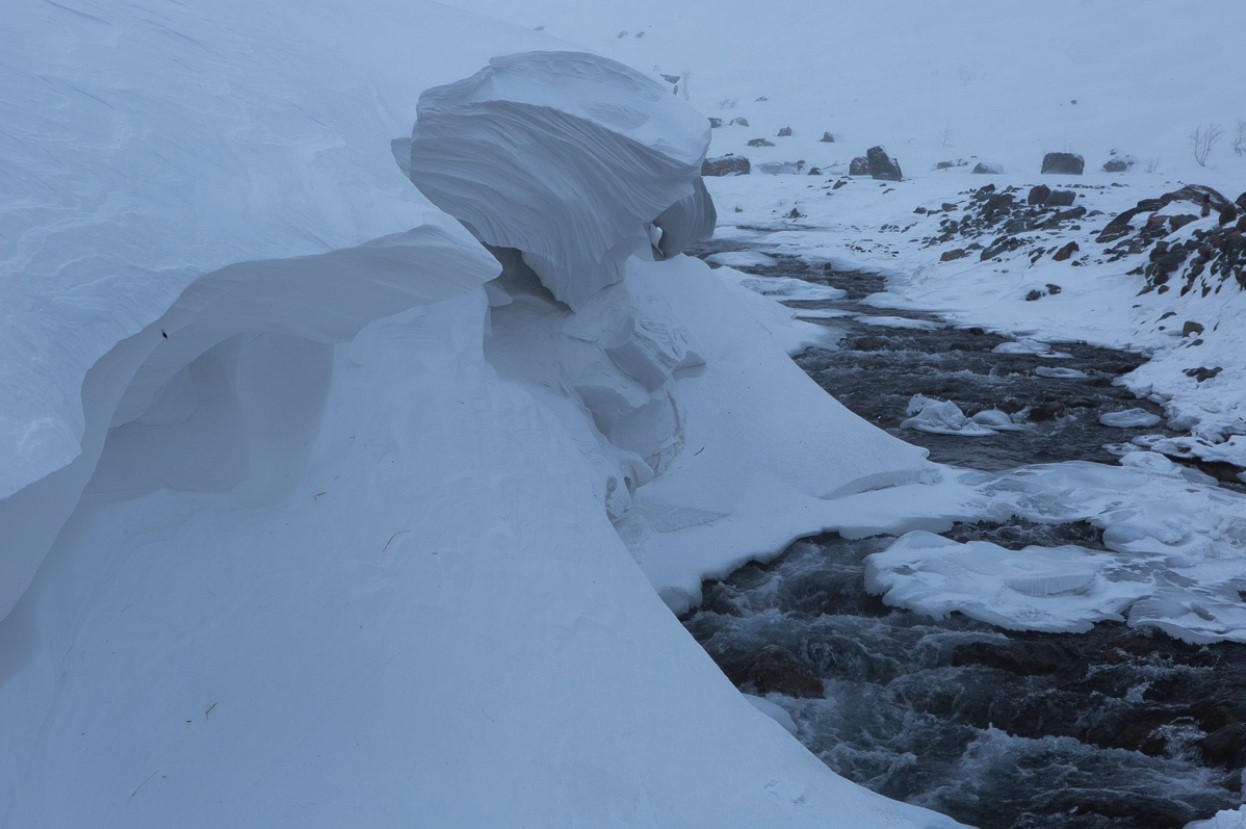
Source: Wikimedia Commons
Scientists are convinced that the freezing of the Earth was gradual and took place from the “early to middle Pleistocene era.” Researchers also estimate that the disaster eliminated 65.85% of the genetically diverse human beings that we typically see today.
The Recent Discovery Prompts Even More Questions
Yi-Hsuan Pan is a senior author on the study of early humans and evolution at East China Normal University. He is ecstatic about the recent scientific findings regarding the near-extinction of humans, and ponders more questions to delve into.
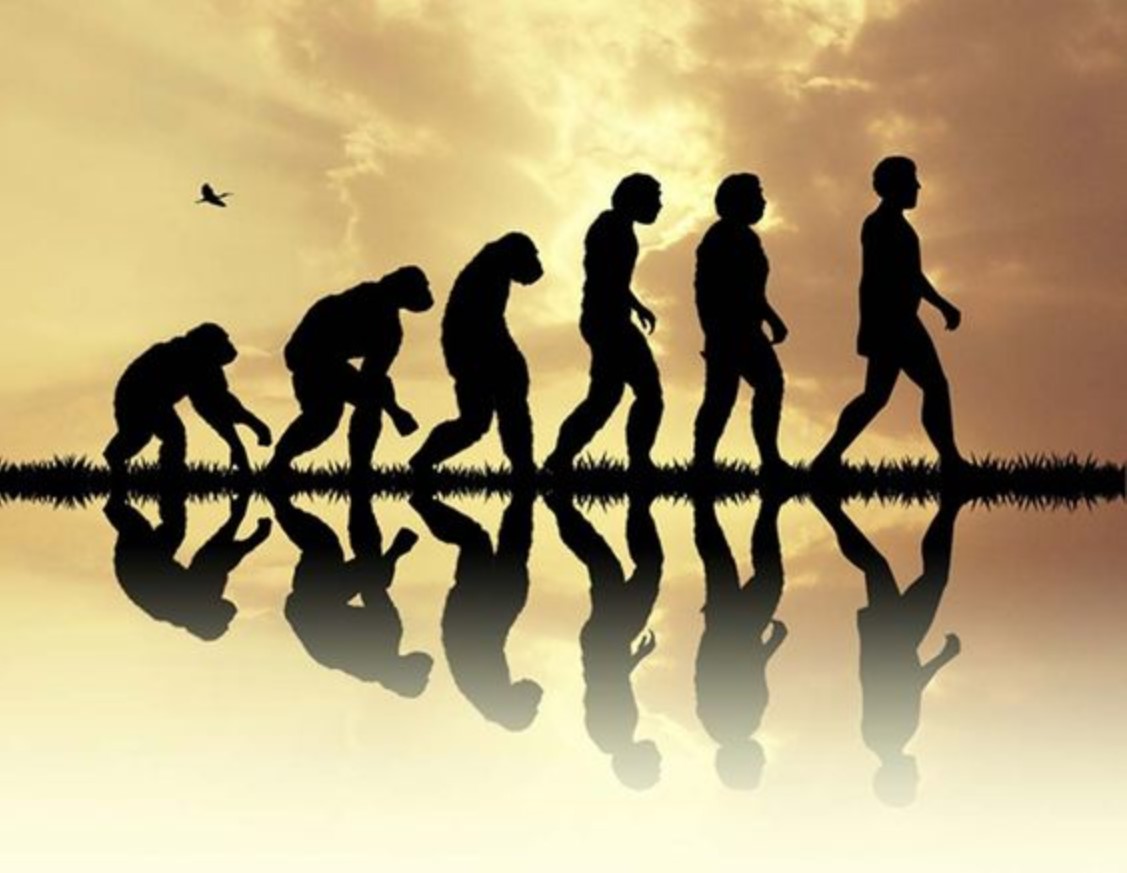
Source: Pinterest
“The novel finding opens a new field in human evolution because it evokes many questions, such as the places where these individuals lived, how they overcame the catastrophic climate changes, and whether natural selection during the bottleneck has accelerated the evolution of the human brain,” he said.
Future Research Projects Already in Motion
Many new doors have opened for scientific research to be conducted about early humans and how the select few were able to survive the extreme cold. Scientists are eager to take a deeper look at the human existence that took place between 930,000 and 813,000 years ago.
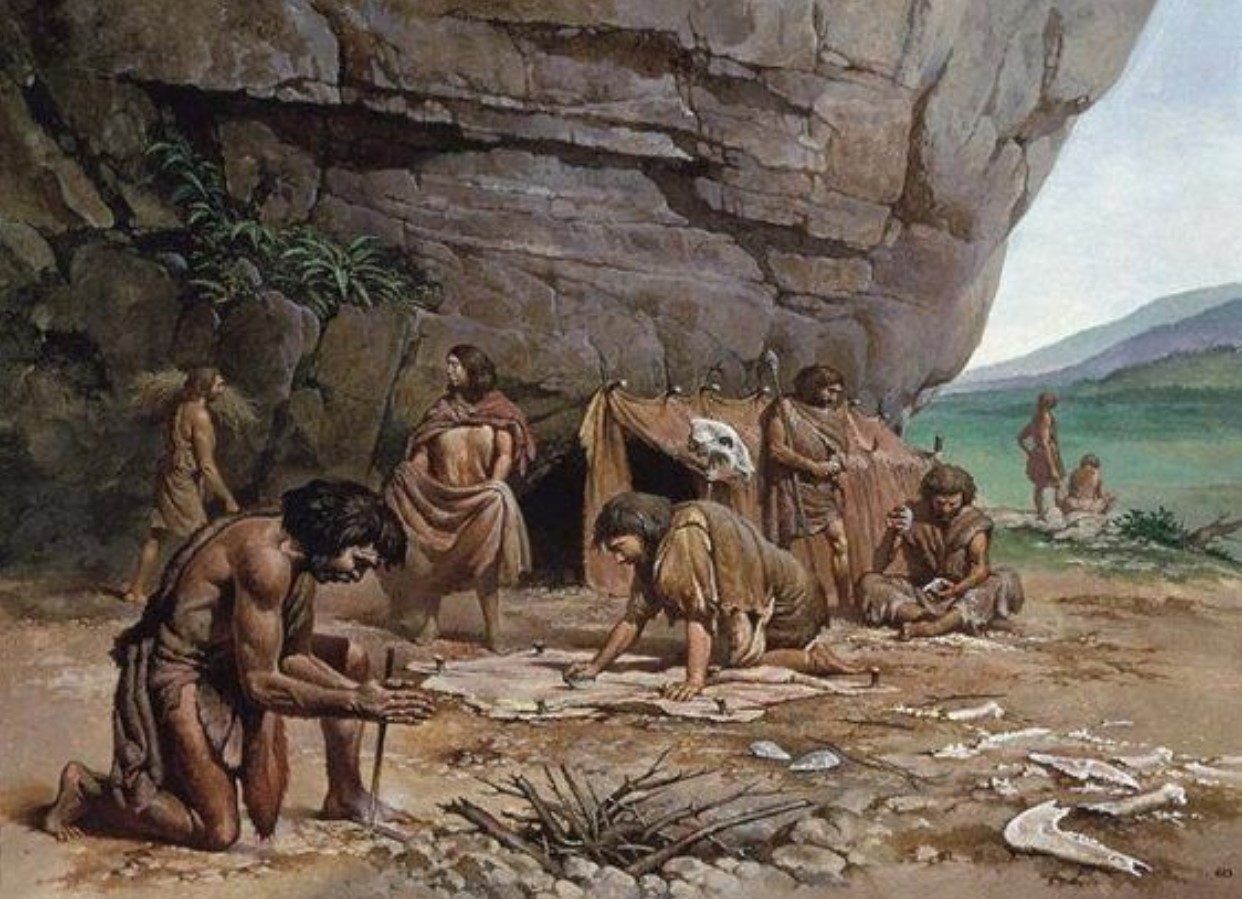
Source: Pinterest
There’s no denying that people who were able to endure the elements were strong and prepared to combat whatever challenges came their way. Their story is a tale of resilience in the face of danger, and a closer look at what life was like for them could help researchers understand their skills and abilities as survivalists.
Human Population Began to Rise After Discovering Fire
Scientists have theorized that things began looking up for prehistoric humans once they discovered fire and how to create it to keep warm.

Source: Wikimedia Commons
The tenacious humans were able to regulate their body temperature, allowing them to ward off the extreme cold. Early humans became so skilled at creating fire that they were comfortable enough to repopulate the Earth, resulting in a massive population increase nearly 813,000 years ago.
Evolutionary Research Will Continue Indefinitely
LI Haipeng, a theoretical population geneticist at the Shanghai Institute of Nutrition and Health, is confident that this recent find is just the start of what is to come for early human research.

Source: Wikimedia Commons
His goal is to “paint a more complete picture of evolution” by applying this new data as well as future research. He hopes that by studying the early to middle Pleistocene era, scientists will be able to “unravel the mystery that is early human ancestry and evolution.”
